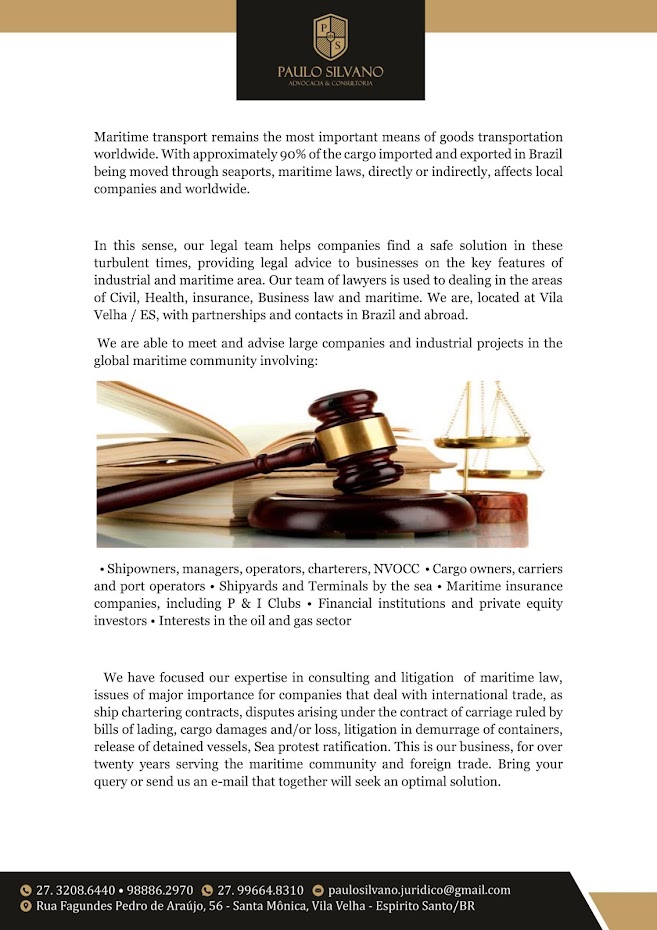SAVE THE ΔEUSES
OF OLYMPUS
The
economic situation in Greece is of great concern. The imminent need for an
investment of 7.2 billion euros in rescue funds that Greece has to cover the
financial commitments to the economic bodies of the European Union, as well as
internal tax relief is considered to be the economic panacea. If help does not
come, will be the despair.
Until
June 30 of this year, the Greek government has a real Via Crucis negotiations
to go finishing the ordeal that will take place on July 20, 2015 in which they
have to settle the repayment of debt of 3.5 billion euros by the ECB ( European
Central Bank). If Greece fails to honor commitments, things are really nebulae
for parents. With the risk agencies further reducing the investment grade of Greece, thus making it
impossible to remain in the euro zone and falling in "default".
By
2008 the Greek economy showed good indicators with high HDI index, one of the
European Union better, being the 25th in the world at that time and increasing
GDP. Nevertheless, the situation faded before the high government debt ratio,
corruption and numbers of makeup to cover up the high budget deficit. Came the
crisis of 2008 and the government could no longer recover the economy and
credibility with markets and creditors.
The
historical and following the evolutionary aspect discretion, Greece can not
fall. Cradle of culture, arts, political and philosophy. As precursor of
European civilization, had strong influence on the Roman Empire, that drinking
their culture, spread the conquered regions and much of the Mediterranean.
Heládes, as he likes to be called by the Greeks, it means the connecting link
between the old and the contemporary world, with na active class society,
involved in the formation of a modern critical thinking.
Nowadays,
it is common the disappearance of countries. We are witnessing the decaying of
Syria and an endless civil war that wiped out more than half of its population.
An agonizing Iraq after the ill-fated American intervention, the annihilation
of Libya by NATO forces, led by France. Power struggle in Sudan and in several
African countries, and so on.
Countries
are not as supernovae, stars that explode, creating new constellations and
solar systems. Countries have soul, has density, people, development,
construction of a model of society that believe in government, a kind of social
contract of Rousseau and help this (s) government (s) in pursuit of a worthy
future for their. Therefore, any country is important for regional and global
balance. Europe learned this lesson the hard way, see construction of the
European Union.
A
Greek exit from the euro zone under present conditions of the country, will not
be a good suggestion from the "think tank" remain very little to the
current government do. The country will deepen the recession, increase
unemployment, strikes and people on the streets running to the banks, and the
government will have no leeway to react, because thre is no prospects and
credibility to contract new loans.
As
a result, new ways of funding must be found by the government with the Asian market,
If not well succeeded It will be the total ruin of the country and its
institutions, thus enabling radical groups operating in the countries of Middle
East and North Africa envisage a great opportunity to take down what remains of
a dying government and deploy the reign of terror. Will open the gateway for
the evil in the European Union. Once inside, it is almost impossible to leave.
By
Zadok
Zenas
Lisboa
[1] http://upload.wikimedia.org/wikipedia/commons/a/ac/El_Olimpo_batalla_con_los_gigantes.jpg




